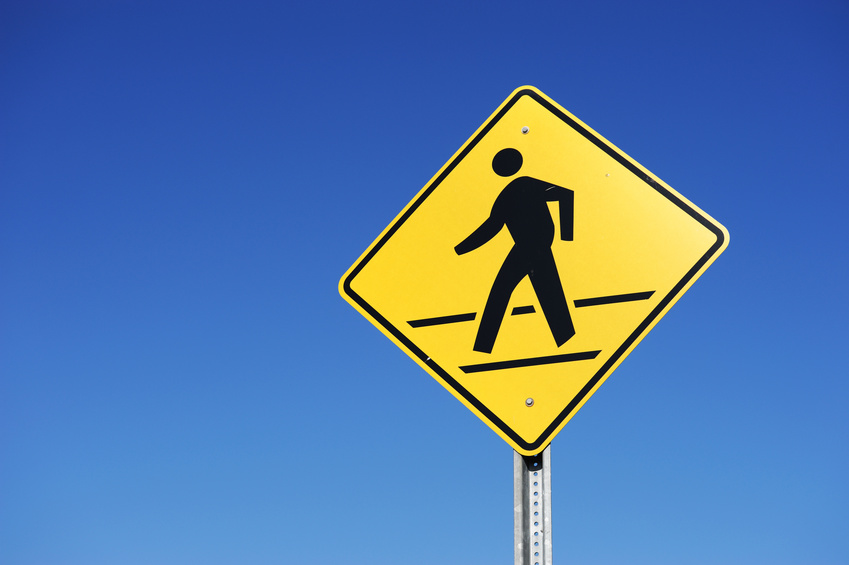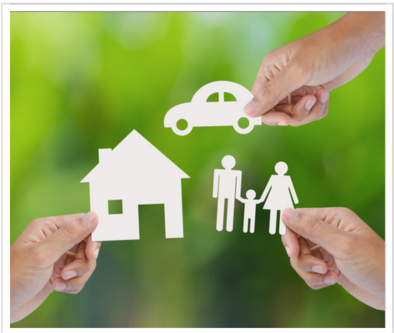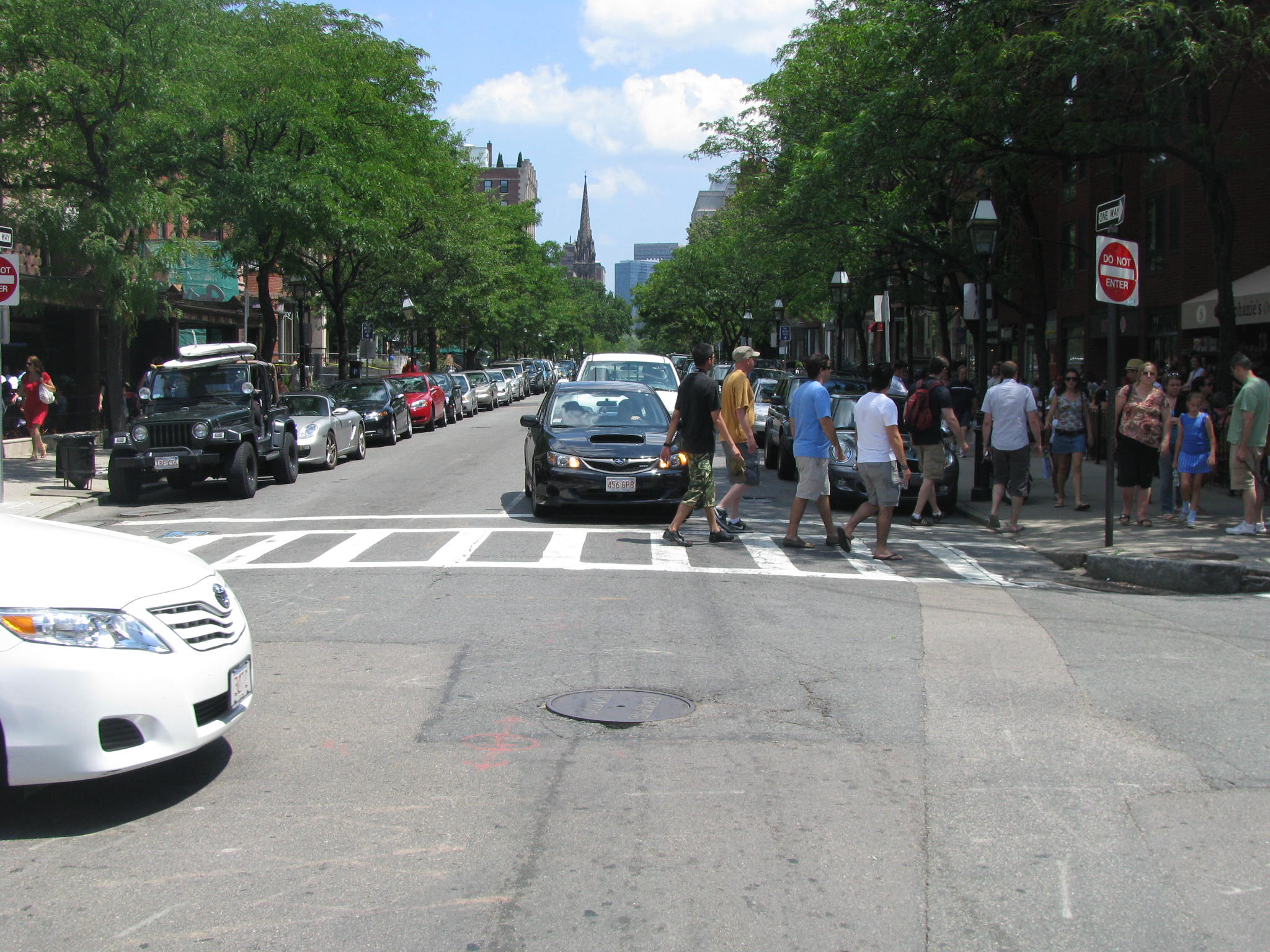 The City of Rochester began installing red light cameras in 2010. There are currently over 30 intersections equipped with red light cameras (see the full list and a map here.) The cameras are active 24/7 and get still photos and video anytime a vehicle runs a red light. Registered owners of vehicles that are “captured” running red lights in those intersections are sent a Notice of Liability in the mail.
The City of Rochester began installing red light cameras in 2010. There are currently over 30 intersections equipped with red light cameras (see the full list and a map here.) The cameras are active 24/7 and get still photos and video anytime a vehicle runs a red light. Registered owners of vehicles that are “captured” running red lights in those intersections are sent a Notice of Liability in the mail.
Many drivers, of course, do not like the presence of the cameras. They feel like big brother is watching. According to a report in the Democrat & Chronicle in 2012, a driver in Rochester was issued a red light ticket every 6 minutes. And the tickets were disproportionately for those living in the poorest neighborhoods. Nationwide (there are about 25 states with programs), red light cameras are under fire for being revenue-generating systems for cities, being ill-timed with traffic lights, offering no human witnesses and not reducing the number of accidents — to name a few.
It’s that last one that has cities still advocating for their red light camera programs — reducing the number of accidents in those intersections.
Does the presence of red light cameras make streets safer?
There doesn’t yet seem to be nationwide consensus on the impact those red light cameras have on street safety. And there may be all sorts of factors that differ from city to city that impact the effectiveness. The Insurance Institute for Highway Safety reported that the DC suburb of Alexandria is seeing a reduction in the number of violations and fewer repeat offenders captured by their red light cameras, which could point to a behavioral adjustment. In Orange County, FL red light cameras reduced the number of accidents by 14%. And many cities across the nation are advocating for determining the true impact before giving up on an opportunity to make streets safer.
The City of Rochester is one of those cities. It conducted a study back in 2012, the results of which were inconclusive. Several years later, the city now has more data and is conducting a study to determine the impact the presence of the cameras have. Results should be available in July.
I am extremely interested in hearing the results of the study. I have seen enough reports from among the over 540 communities across the country that use red light cameras that convince me we should look at the data. I am an advocate for any and all things that make our streets safer for EVERYONE, regardless of how they traverse those streets.
I’ll keep you posted as I learn more.
I’d love to hear your comments too. Regardless of how you FEEL about seeing those red light cameras, do you think they make people less likely to run a red light and cause an accident?






No Comment